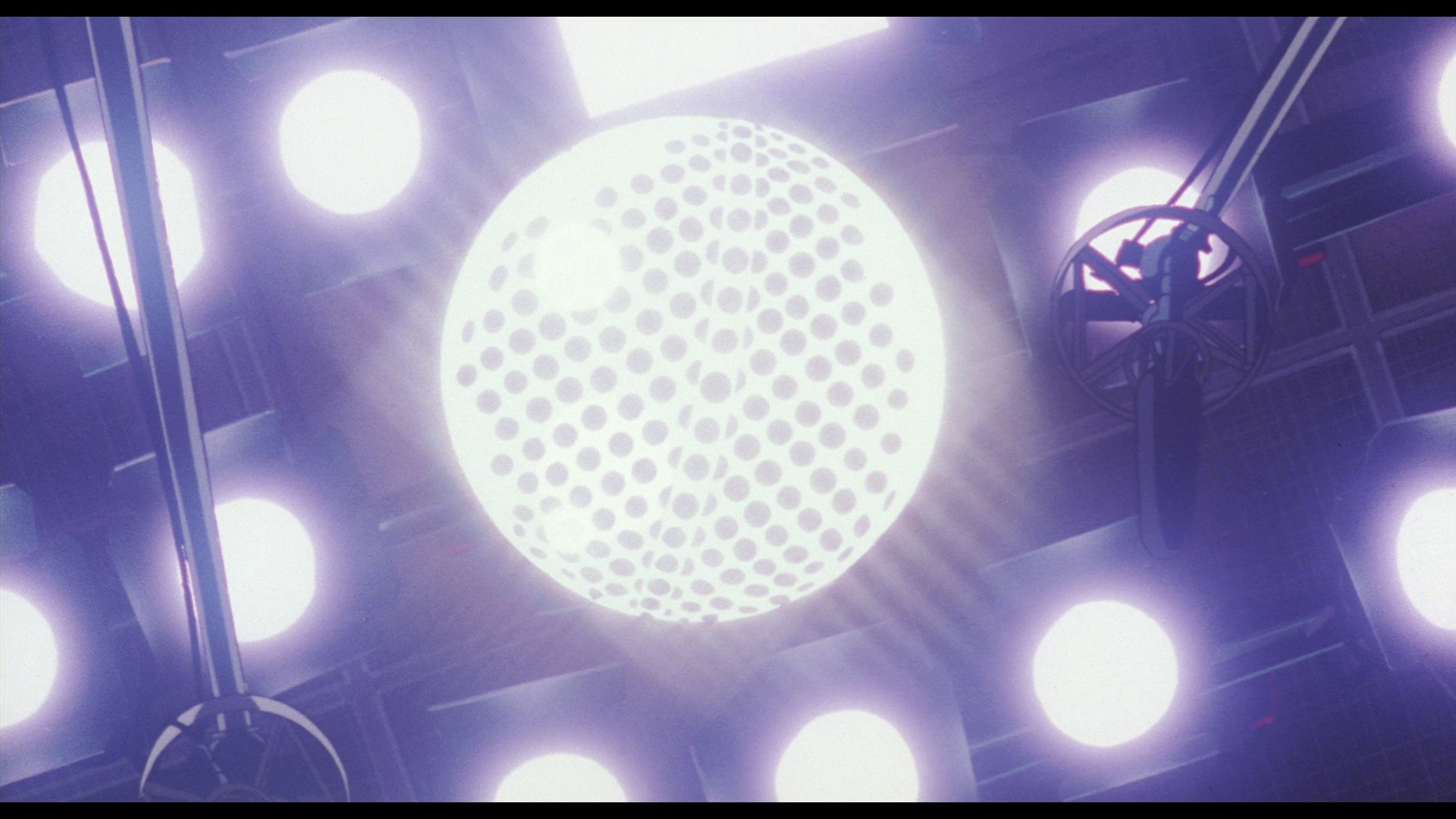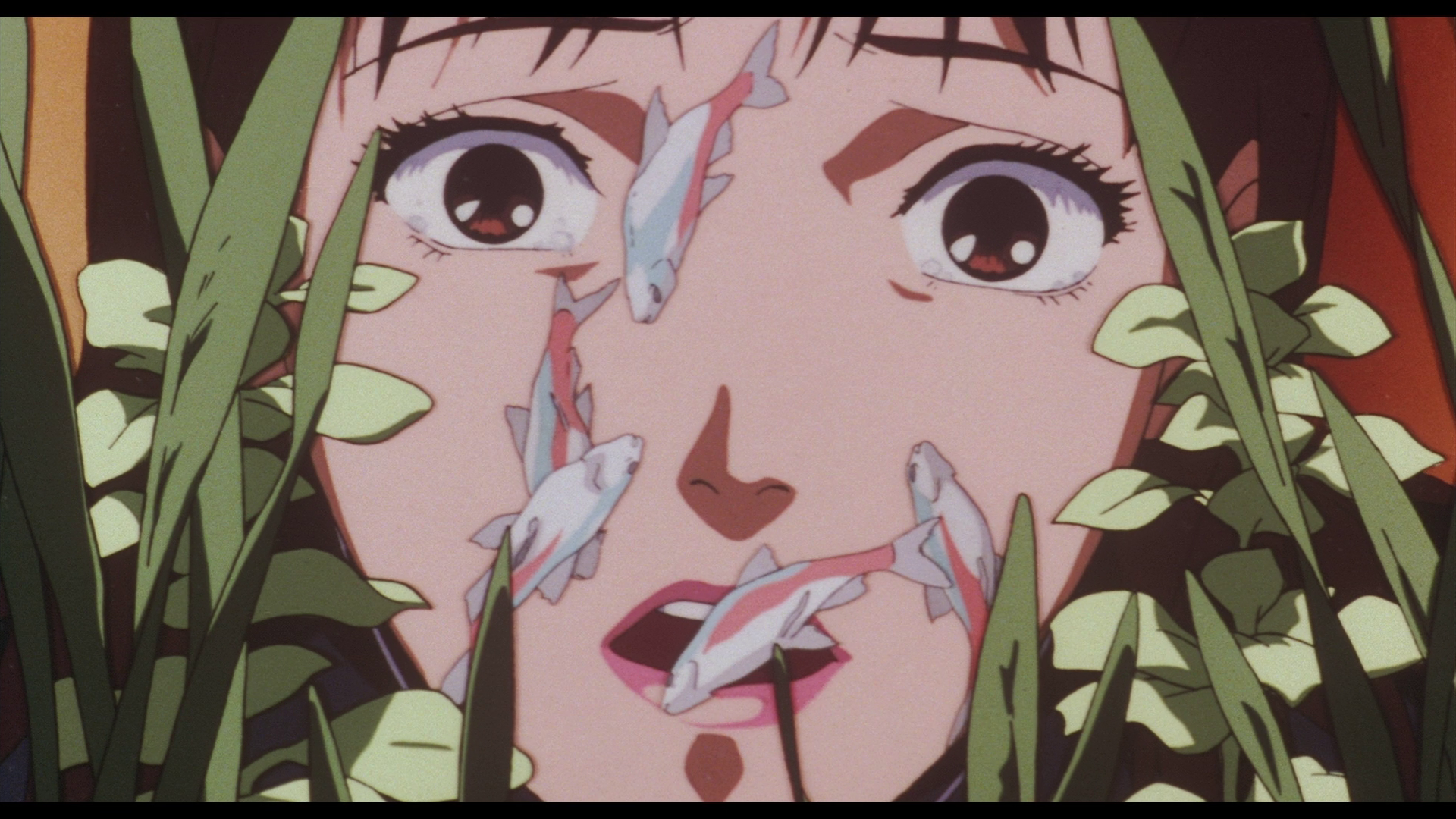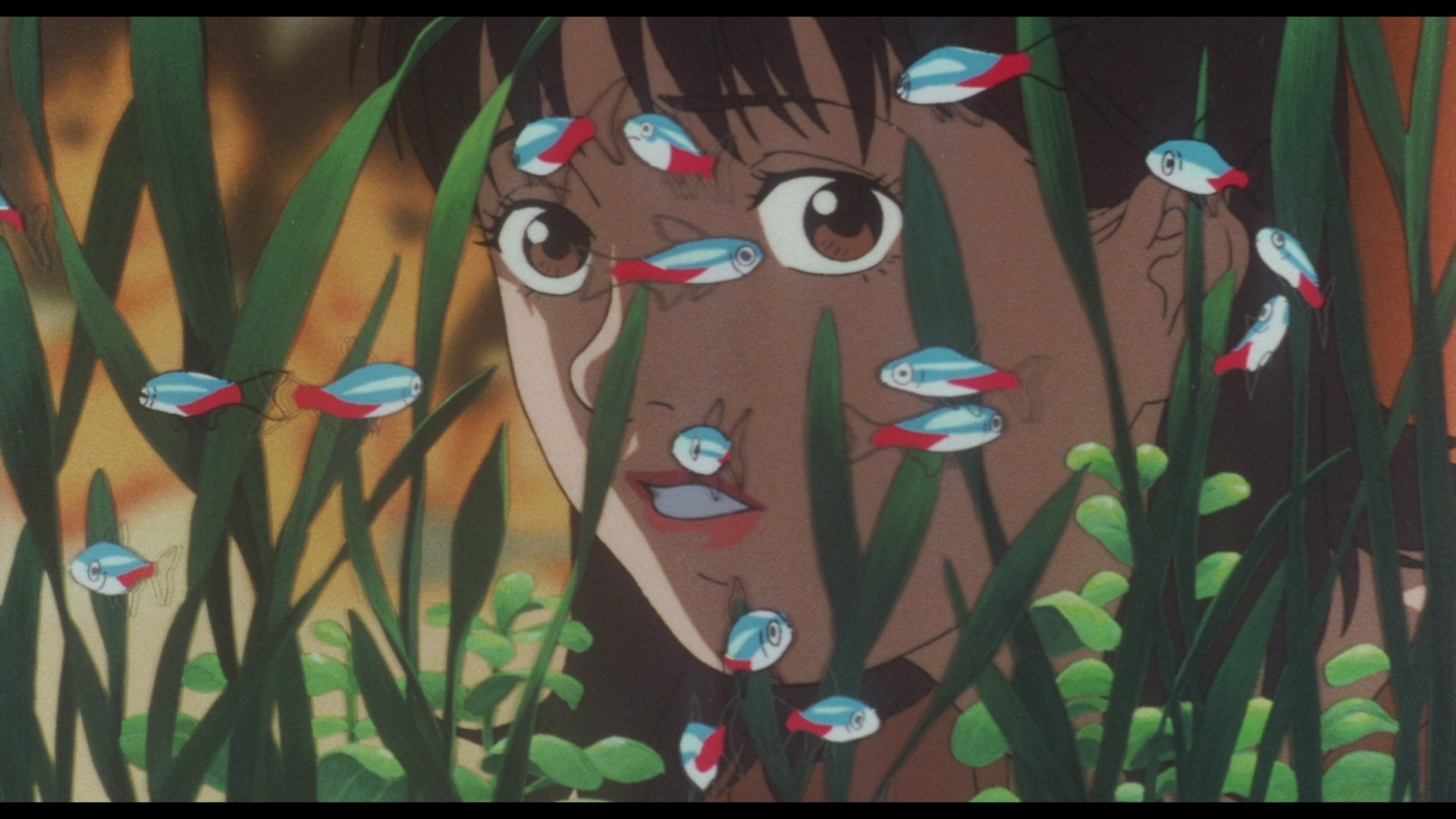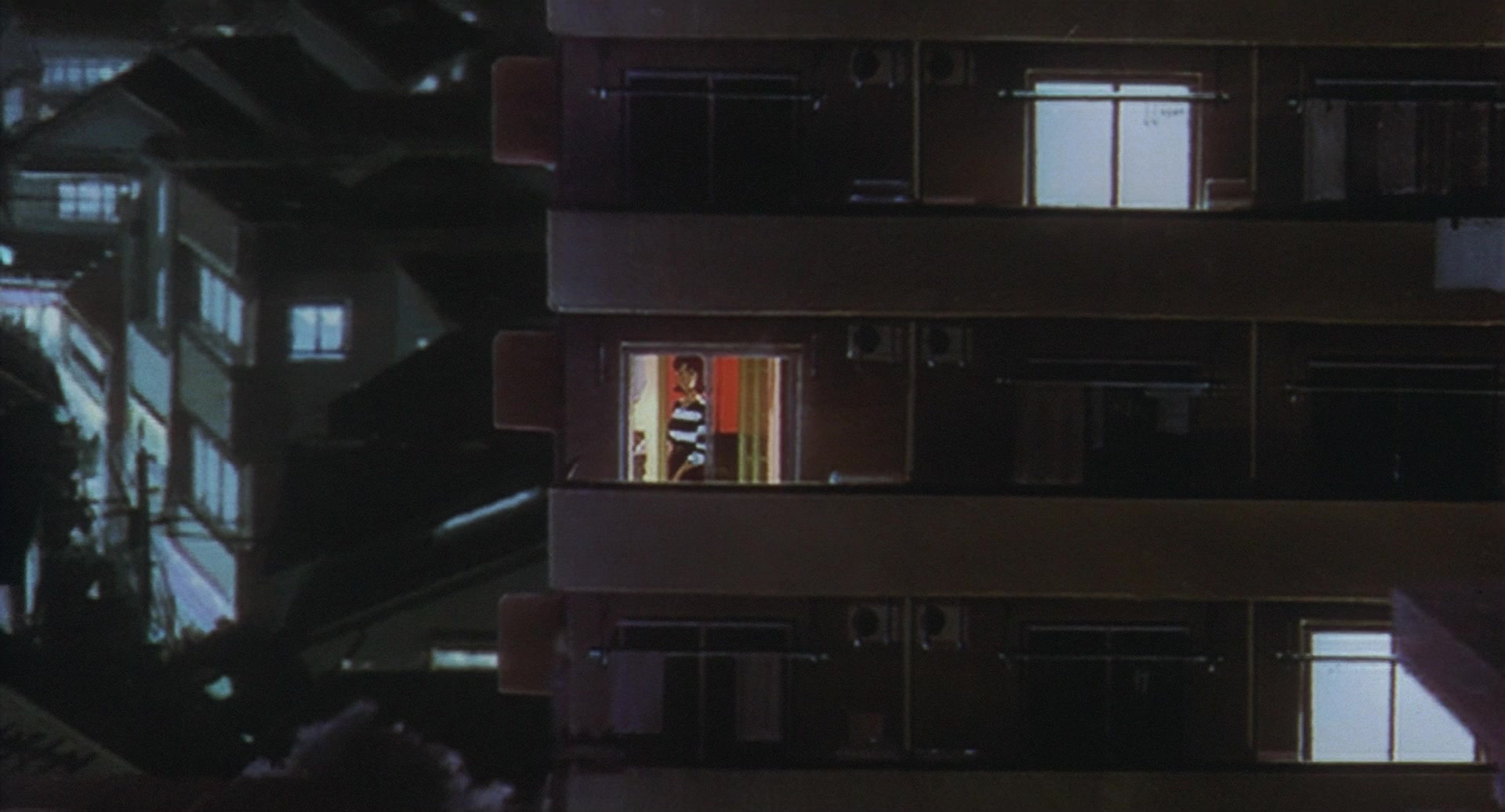Perfect Blue Perfect Review
Posted: 24-10-2025
The other day I watched the 4k restoration of Perfect Blue at the cinema. It was my first time seeing the film and I had a lot of thoughts about it so I wanted to write them down. I’m not much of a reviewer so this isn’t really a review, despite the blogpost title. There will be spoilers for the film here! I'd look up content warnings for the film before reading this if you haven't seen it.
First of all, I thought it was objectively a really good film. BUT, it was extremely harrowing to watch and my heart was racing for a long time after it ended. The cinema environment made the experience of watching it overwhelming. I thought the soundtrack was really incredible, I particularly liked the moments where the background sounds built up together into an intense rhythmic crescendo. A friend of mine observed that Satoshi Kon uses shots in the style of live-action film cinematography - what can I say other than yes so true and so good. In the scene where Mima acts out being raped, between takes she stares into the lighting fixtures above her. The shots of the artificial lights blaring really effectively captured her emotional state and put me almost uncomfortably into her position. That scene in particular was really difficult to watch, I don't know if Satoshi Kon could imagine what a scene like that would feel like to a woman watching his film, I imagine him creating it symbolically, detached from its reality.

I was really interested in the symbolism of Mima’s pet tetra fish; when she comes home after filming the rape scene, she imagines her fish have died and breaks down crying about how she didn’t want to do the scene. This made me think that they represent her spirit. Later on when she’s in ‘Mima’s room’ (Rumi’s fake recreation of Mima’s bedroom) the tanks is overly filled with tetras, maybe representing the vivid unreality of this Mima persona, which is then smashed by Rumi as she attacks Mima - maybe this is about the shattering revelation of this moment? I think I would have to rewatch the film and take note of them a bit more, but I don’t think I’ll be willing to watch it again any time soon.


I did feel a visceral sense of disappointment when the person who was ‘out to get’ Mima turned out to be an older ‘ugly’ woman who had failed her career (Rumi). It felt a little redeemed for me at the end when Mima visits her in the psychiatric hospital (and it’s implied she visits often) and says something like she appreciates that Rumi was actually always looking out for her. I’d like to interpret it as an older women who’s been chewed up and spat out by the industry seeing a young woman in her care being treated poorly by these men and having a monsterously protective reaction to it, but I can’t ignore the jealousy and hatred she seems to feel for Mima. And even more, it seems like it was Rumi who was holding Mima back, and once Rumi is in the hospital Mima is herself again and thriving as a successful actress (who the hospital staff believe is too famous to even be there). But maybe it's not meant to be saying that Rumi was holding her back, but that once Rumi had removed these men, her stalker, her agent who pushed her to do explicit scenes, the photographer who encouraged her to take off her clothes, she was able to thrive, and this is why she feels fondly towards Rumi, I don’t know. It still left a bad taste in my mouth, even if I can find ways to read it more favourably.
Also for me the Rumi reveal lessened Mimas psychological journey. We were very in Mima’s head and experience, witnessing her psychological breakdown, but after Rumi’s ‘reveal’ I felt we left Mima’s mind and the agency of these feelings was kind of taken away from her. There WAS someone specifically out to get her, rather than Mima's psychological experience being a reaction to the industry and her circumstances. Mima had been hallucinating, losing time, and becoming confused about reality, but once Mima 'defeats'/saves Rumi, all this is swept away and forgotten. It felt like the conclusion of her psychological spiral wasn’t there. I think I could analyse one out, even though it felt kind of stolen in the moment: Mima rescues her tormentor - her ‘other self’ - and this represents an acceptance of a part of her? I wanted more from this.

So, overall the film left me feeling shaken, disturbed, and a little disappointed. But that disappointment only exists because I was so interested in the themes presented and invested in the story, and I thought the film-making in general was really incredible. I feel like there's lots more interesting themes/symbols to analyse in Perfect Blue, about being watched, being idolised, about emerging technology, if only I could bare to watch it again. Let me know if you have any thoughts on this film and what I've said! I'm working to install a comments section but for now you'll just have to message me, sorry!
- Karenza
